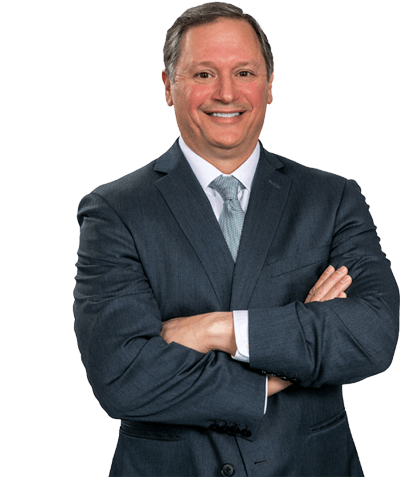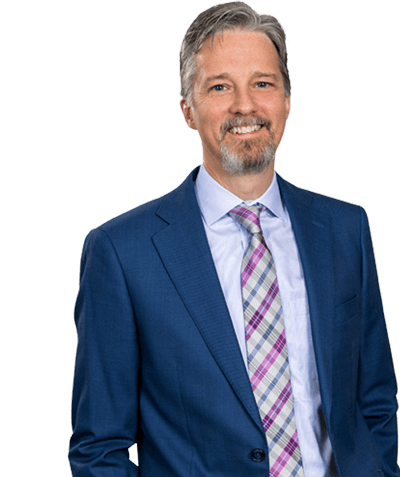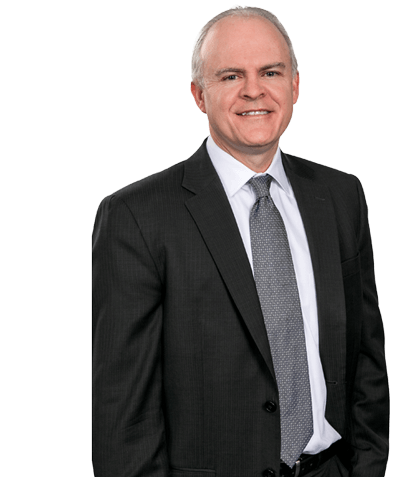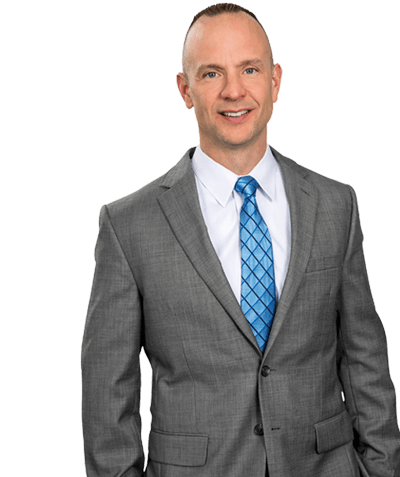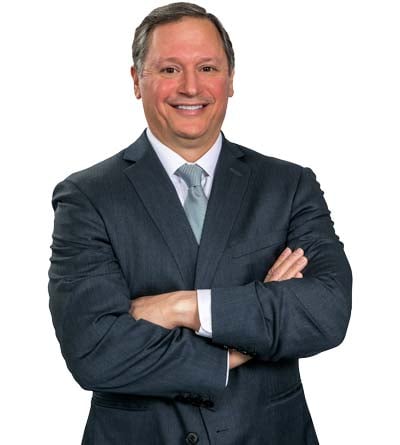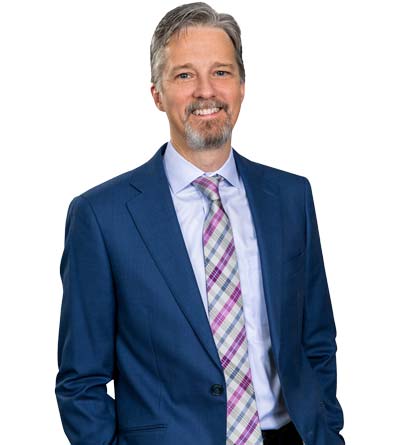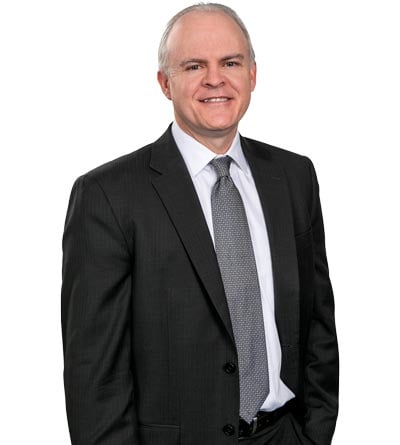Earning The Trust Of Illinois Since 1980
Finance
Law
Business
Services
Planning
Law
Estate
Litigation
Special Needs Planning And Guardianship
Mergers And
Acquisitions
Experienced Guidance For Your Legal Needs
When you work with Huck Bouma, you can expect your case to be treated with the same efficiency that comes from working with a well-staffed firm while also benefiting from the personal attention of our local lawyers. One of the largest firms in DuPage County, Huck Bouma has provided legal services to individuals and businesses throughout the United States and earned a reputation for being one of the most trusted firms.
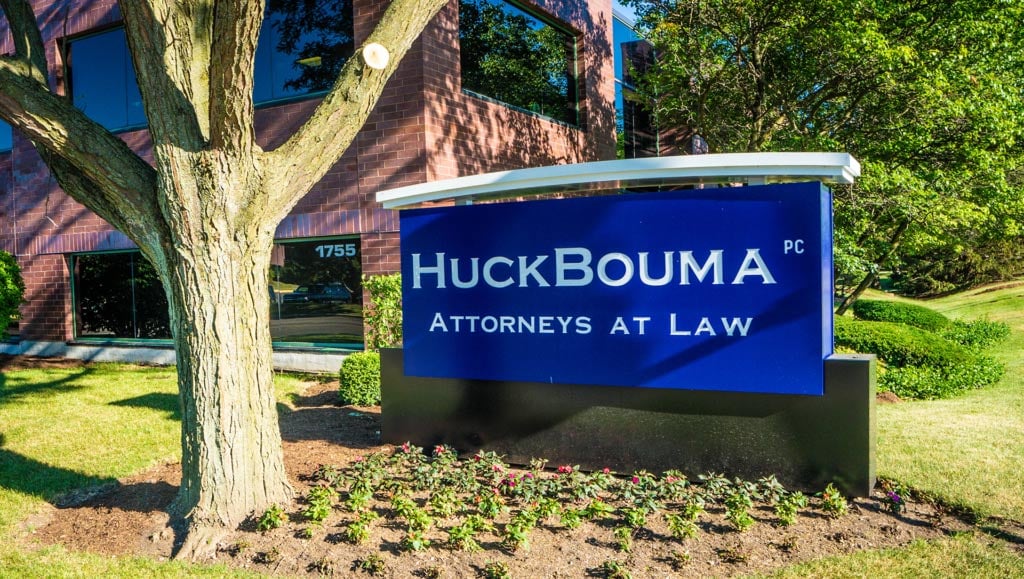
SupportingBusinesses
If you run a business, there are many legal concerns that you may have about the best way to handle your company. Attorneys at Huck Bouma have extensive experience in supporting your business needs. If you are seeking legal advice related to financial concerns, employment law, commercial real estate or franchise law, Huck Bouma has the answers you seek.
Committed To Quality Legal Service
Attorneys at Huck Bouma welcome and encourage client communication and remain accessible throughout the attorney-client relationship. If you are laying the groundwork for your business or want honest guidance to understand your estate planning options, you can turn to Huck Bouma for compassionate and professional assistance.
Meet Our Shareholders
Meet Our Shareholders
William J. Strons
Practice Areas
- Business Services
- Mergers & Acquisitions
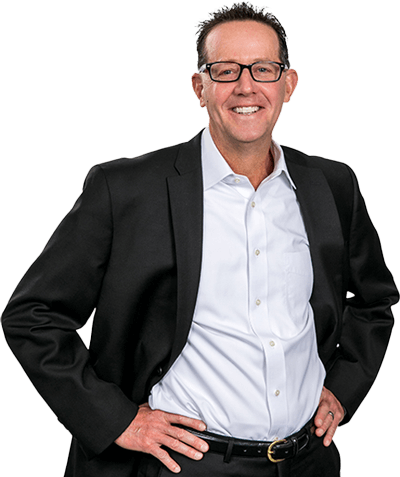
BRETT M. DALE
Practice Areas
- Business Services
- Trusts & Estates
RUSSELL A. ADKINS
Practice Areas
- Trusts and Estates
- Business Services
- Real Estate
- Banking & Finance
- Special Needs Planning & Guardianship
- Elder Law
DAVID D. O’SULLIVAN
Practice Areas
- Business Services
- Mergers & Acquisitions
AARON E. RUSWICK
Practice Areas
- Business Services
- Trusts & Estates
- Mergers & Acquisitions
William J. Strons
Practice Areas
Business Services
Mergers & Acquisitions
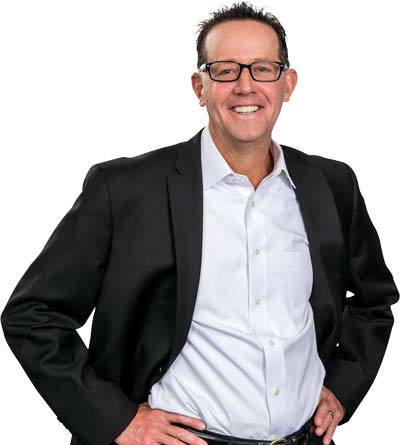
BRETT M. DALE
Practice Areas
Business Services
Trusts & Estates
RUSSELL A. ADKINS
Practice Areas
Trusts and Estates
Business Services
Real Estate
Banking & Finance
Special Needs Planning & Guardianship
Elder Law
DAVID D. O’SULLIVAN
Practice Areas
Business Services
Mergers & Acquisitions
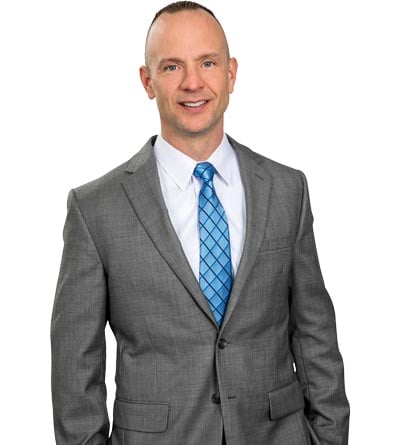
AARON E. RUSWICK
Practice Areas
Business Services
Trusts & Estates
Mergers & Acquisitions


